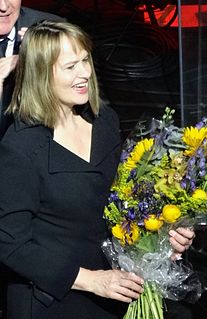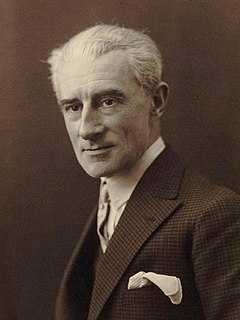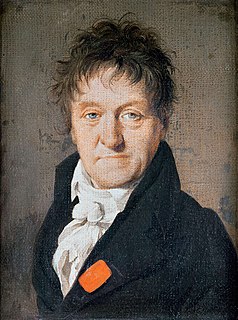A Quote by Anne Dudley
We all shared an admiration of Debussy both as a musician and as sort of an icon for the 20th century. It seemed like an interesting idea to go right back 100 years to find the source of some new ideas now.
Related Quotes
I was really interested in 20th century communalism and alternative communities, the boom of communes in the 60s and 70s. That led me back to the 19th century. I was shocked to find what I would describe as far more utopian ideas in the 19th century than in the 20th century. Not only were the ideas so extreme, but surprising people were adopting them.
There's this Indian fellow who worked out a cycle like the idea of stone-age, bronze-age, only he did it on an Indian one. The cycle goes from nothing until now and 20th century and then on and right around the cycle until the people are really grooving and then just sinks back into ignorance until it gets back into the beginning again. So the 20th century is a fraction of that cycle, and how many of those cycles has it done yet? It's done as many as you think and all these times it's been through exactly the same things, and it'll be this again.
I don't need to feel 100% safe, but I have to feel like there's room for me to go a little bit insane if I'm going to have good ideas. Because a good idea is a new idea and if you start going around like, "I have this new idea!" most people are gonna be like, "I've never heard that before, that sounds fishy."
... the sciences are like a beautiful river, of which the course is easy to follow, when it has acquired a certain regularity; but if one wants to go back to the source, one will find it nowhere, because it is everywhere; it is spread so much [as to be] over all the surface of the earth; it is the same if one wants to go back to the origin of the sciences, one will find only obscurity, vague ideas, vicious circles; and one loses oneself in the primitive ideas.
You couldn't changed history. But you could get it right to start with. Do something differently the FIRST time around. This whole business with seeking Slytherin's secrets... seemed an awful lot like the sort of thing where, years later, you would look back and say, 'And THAT was where it all started to go wrong.' And he would wish desperately for the ability to fall back through time and make a different choice. Wish granted. Now what?






































